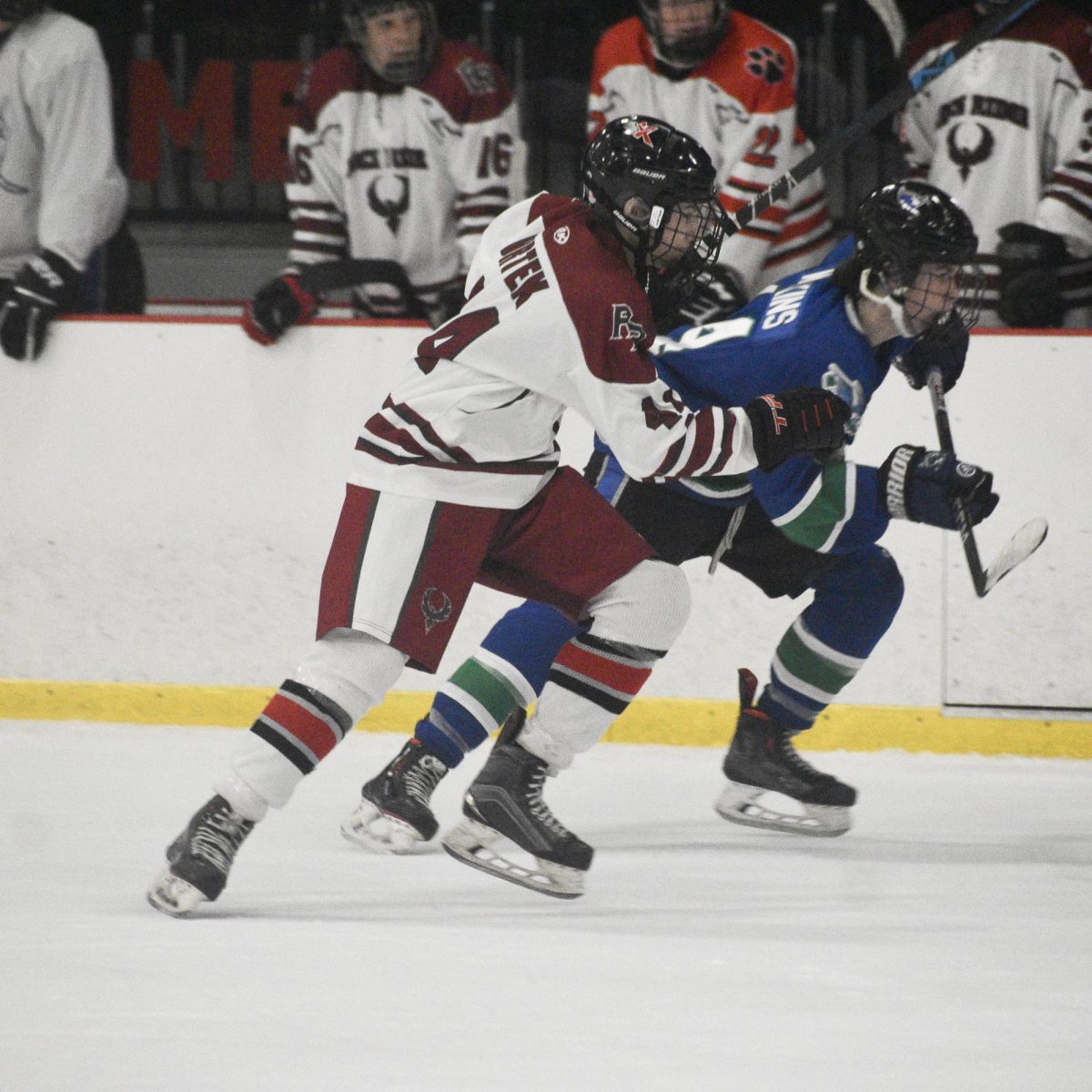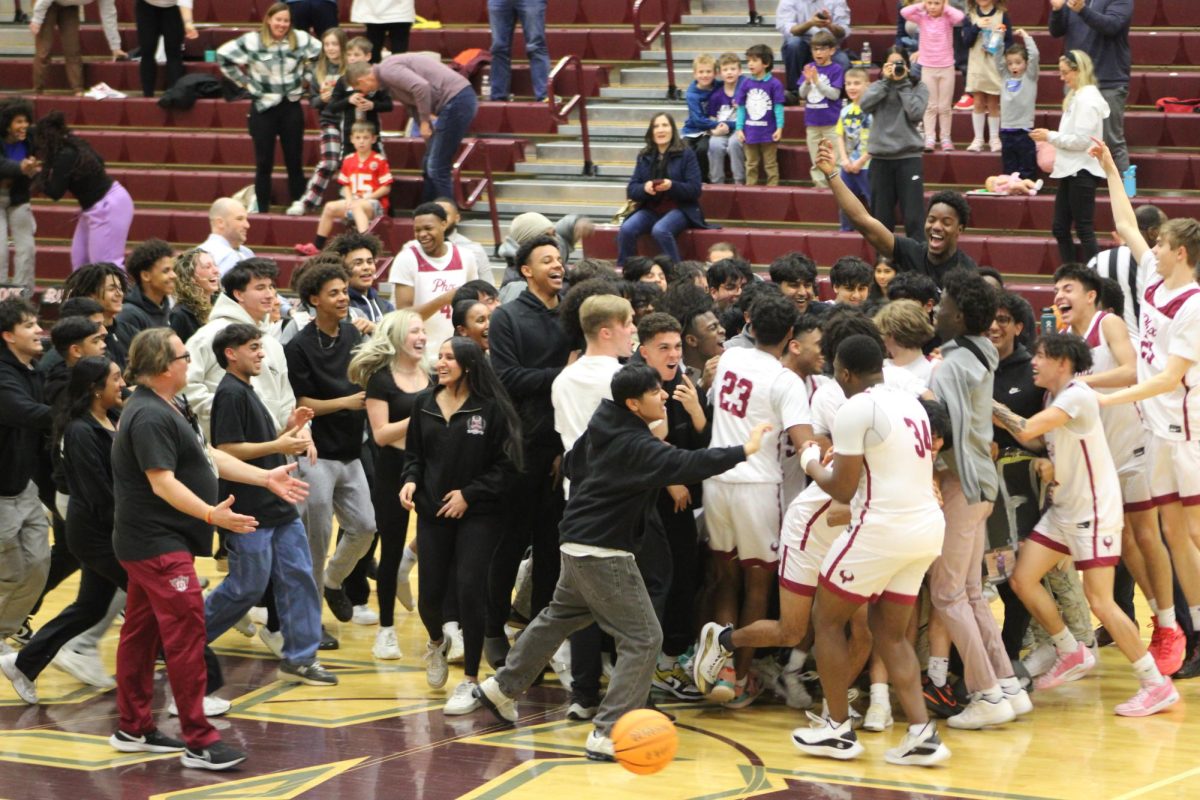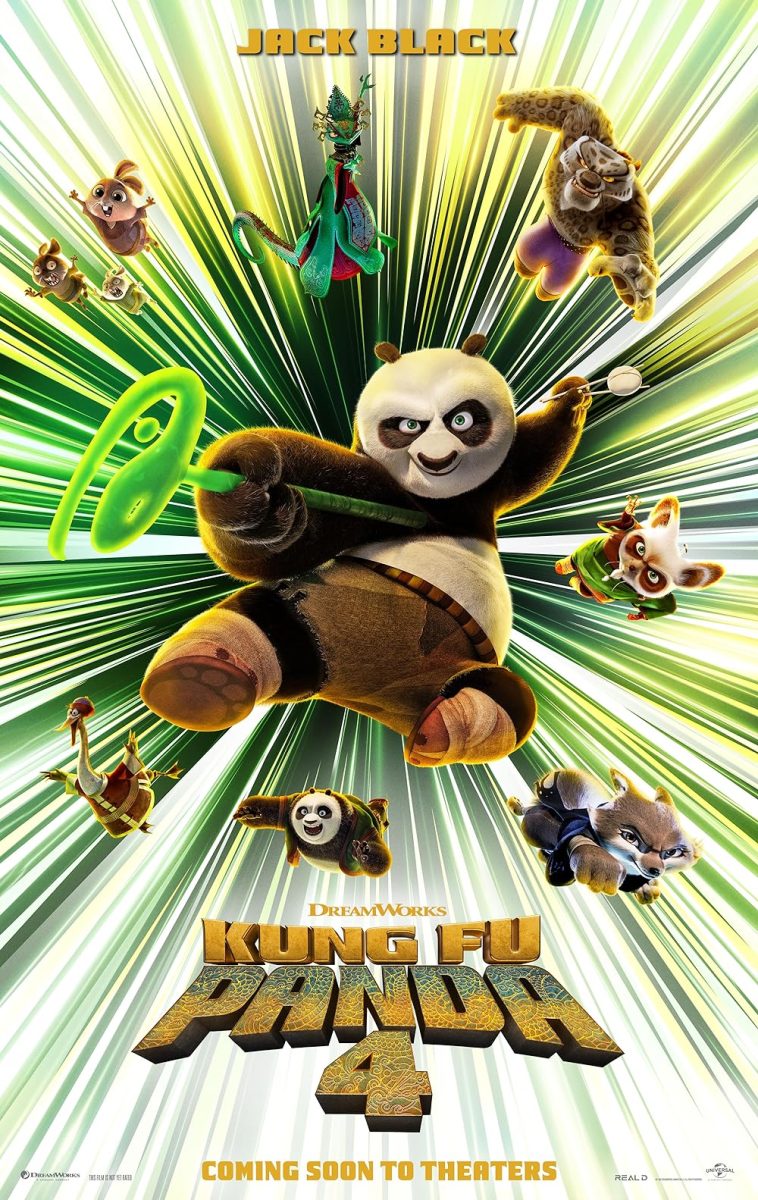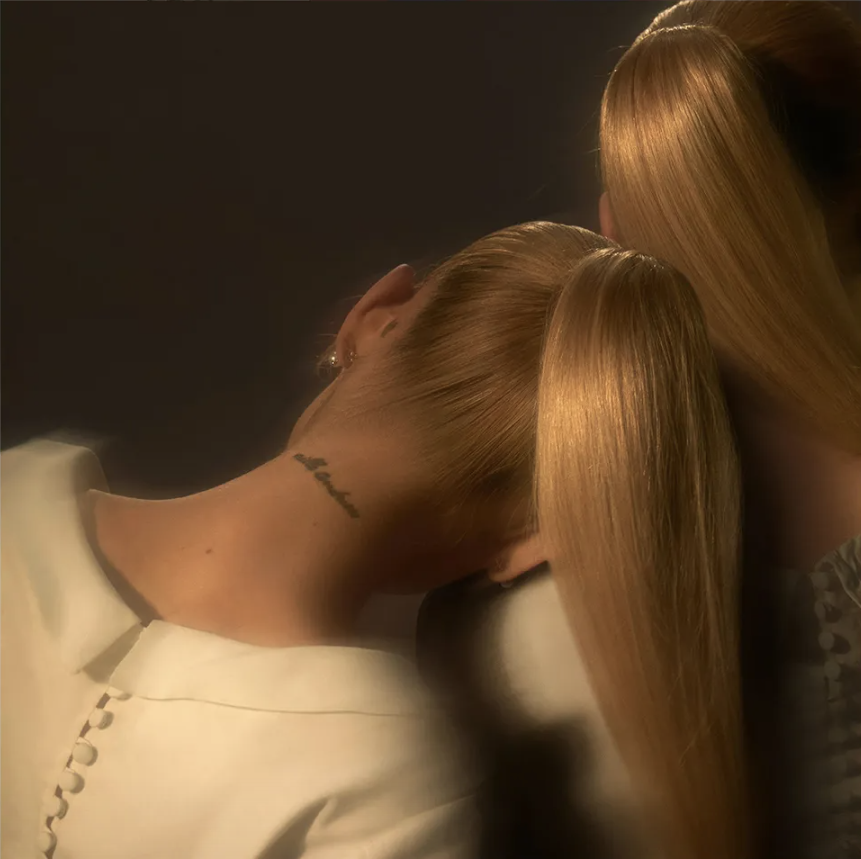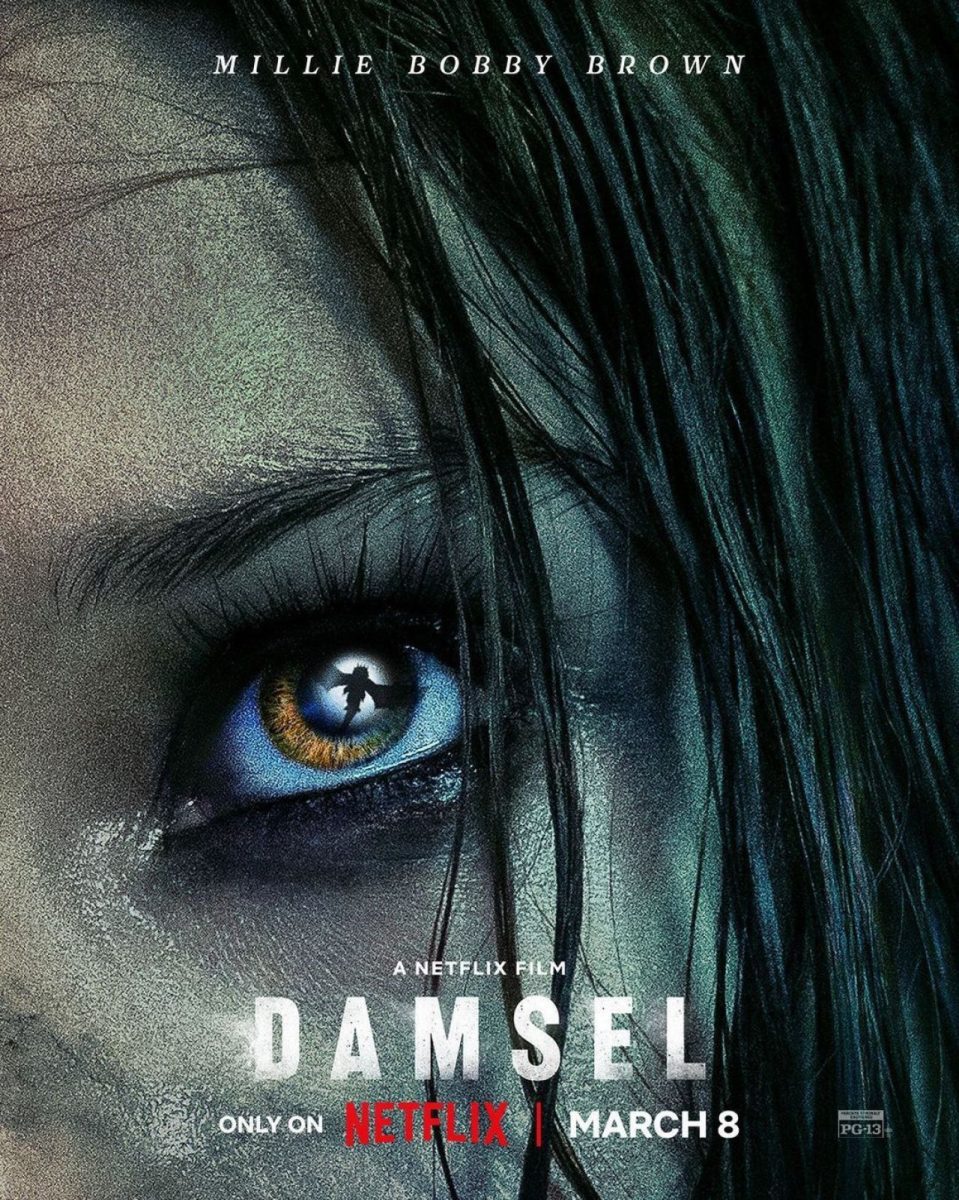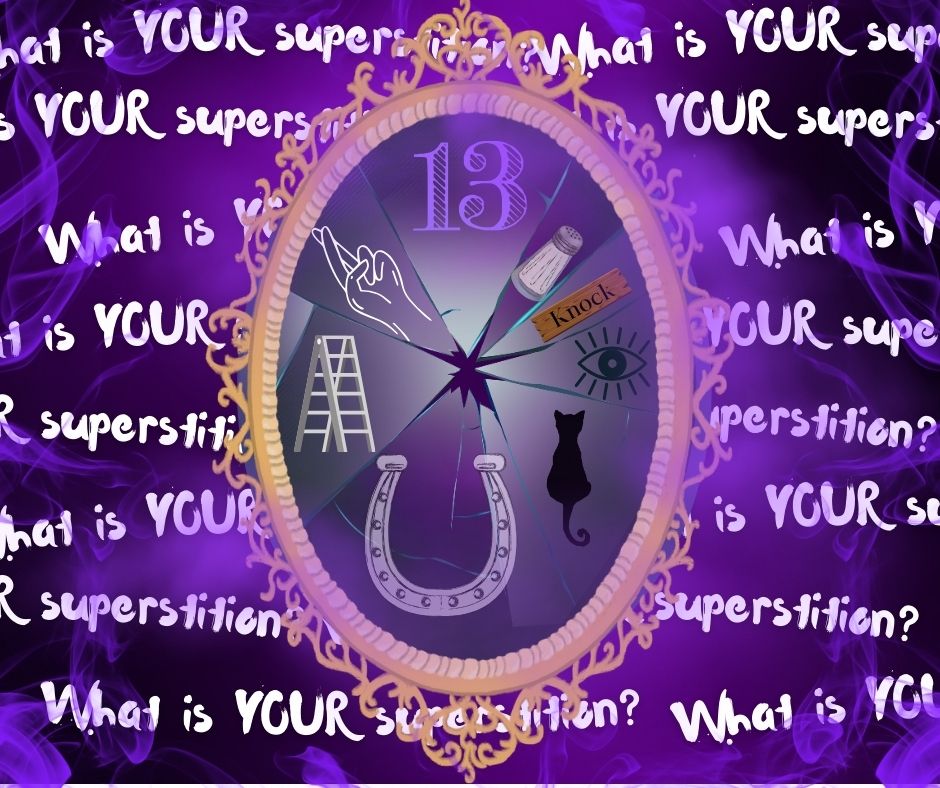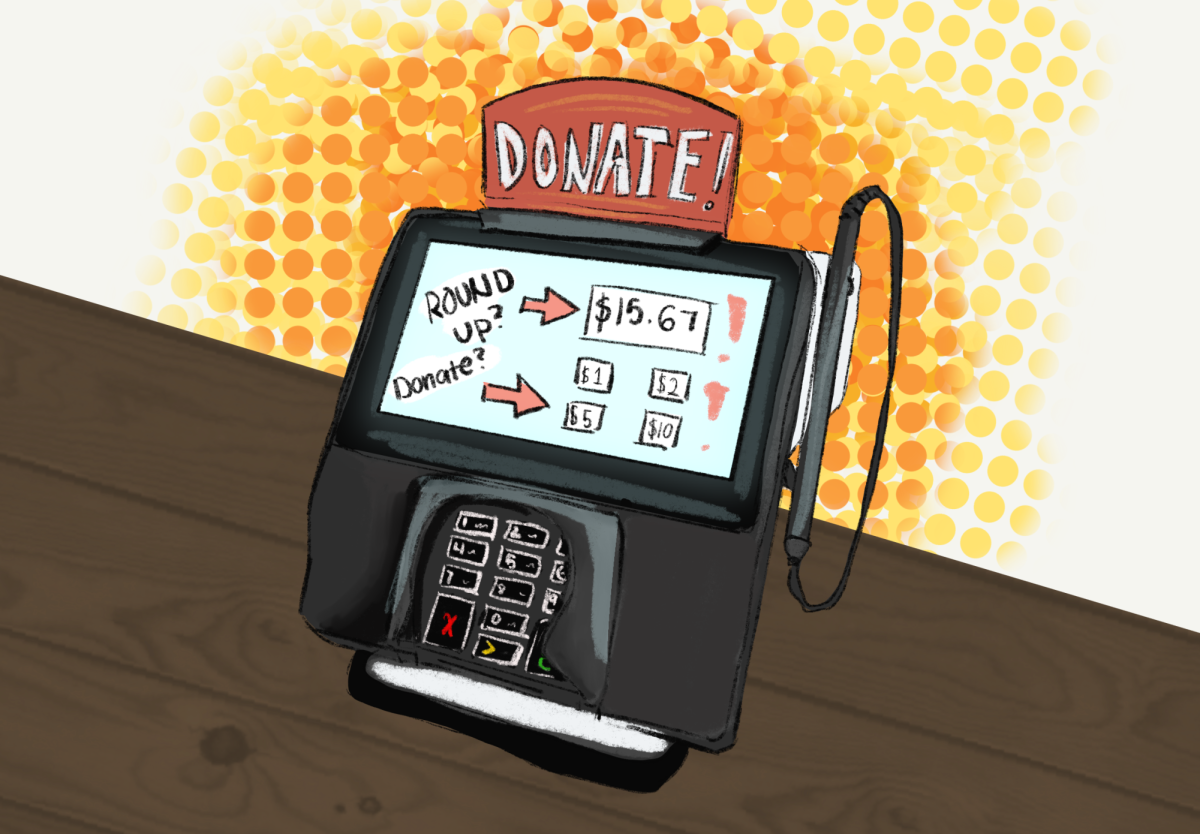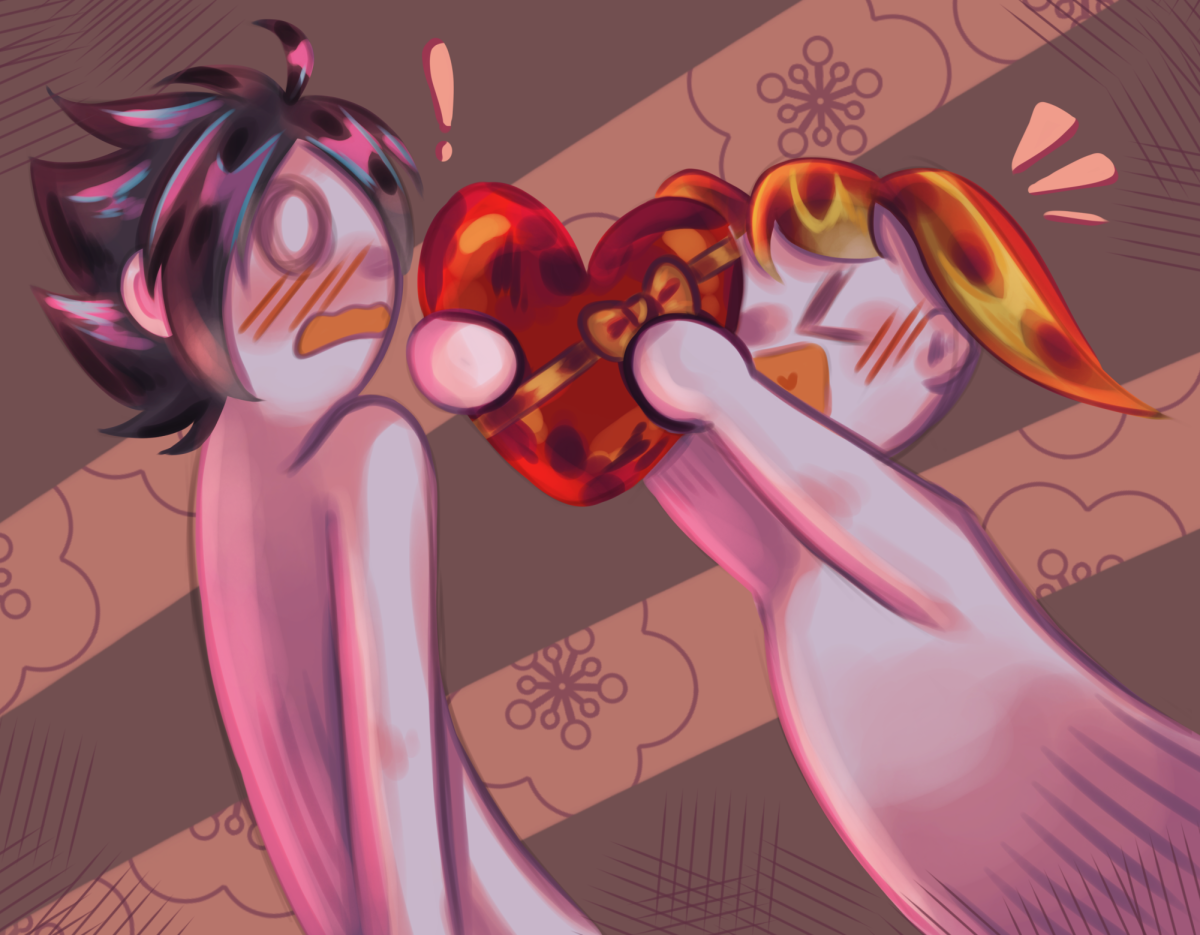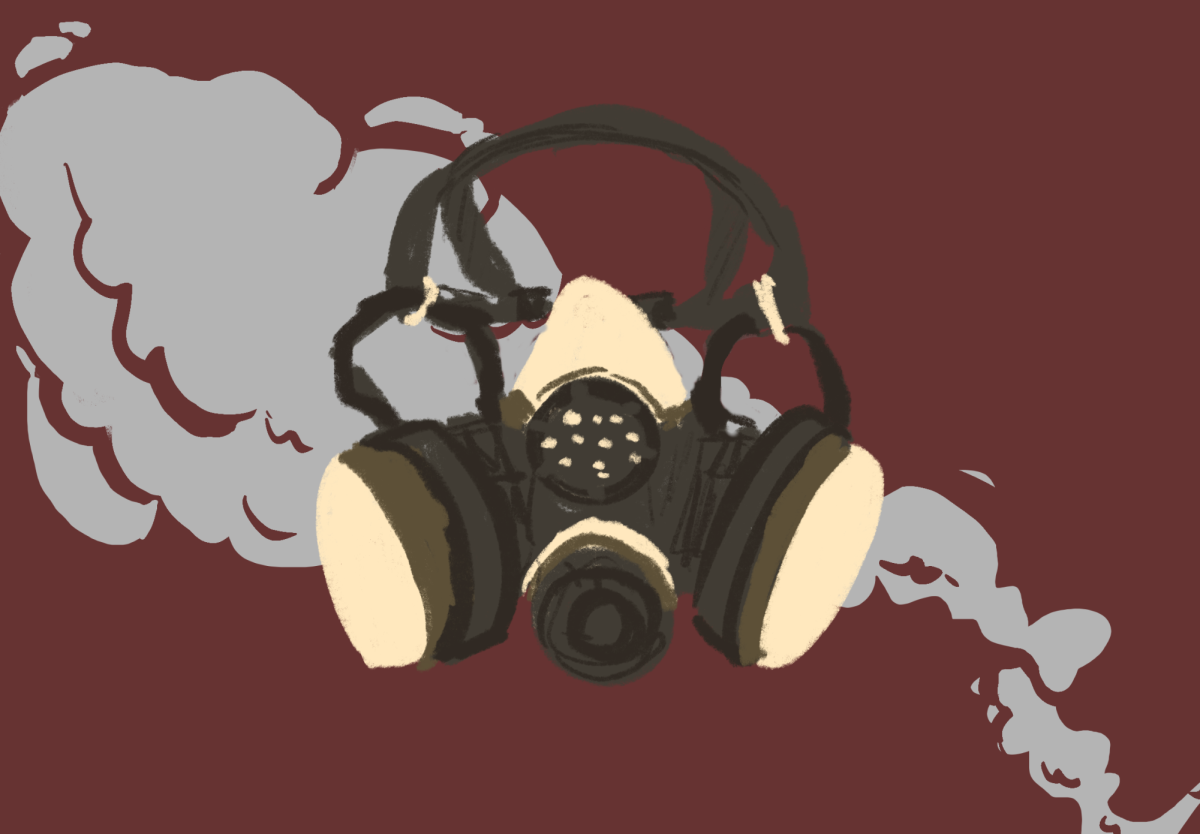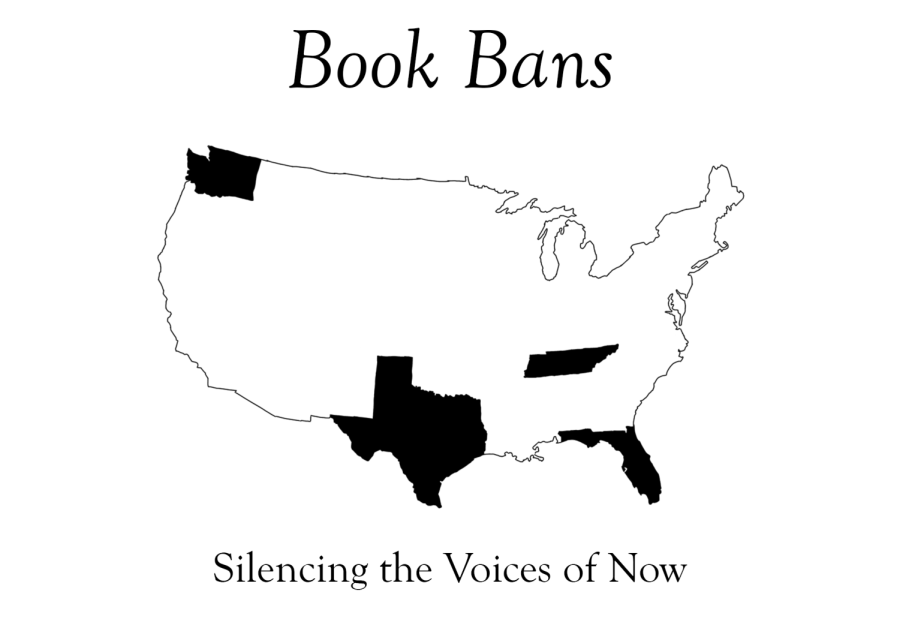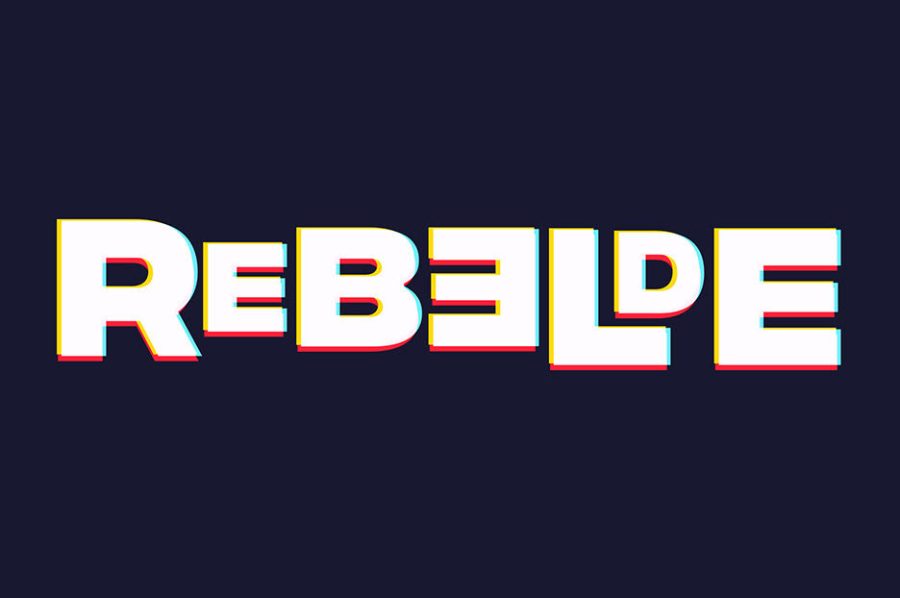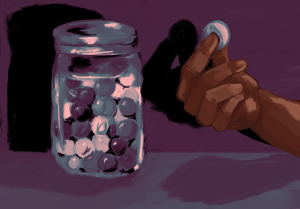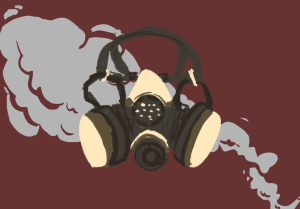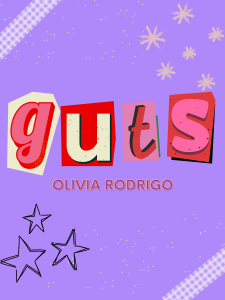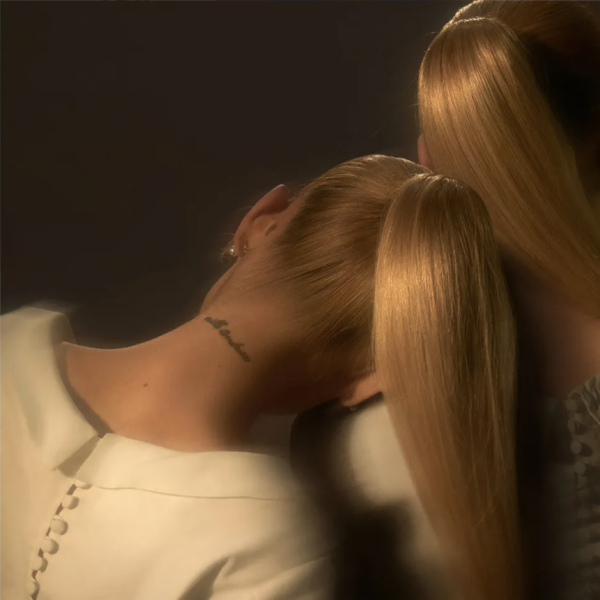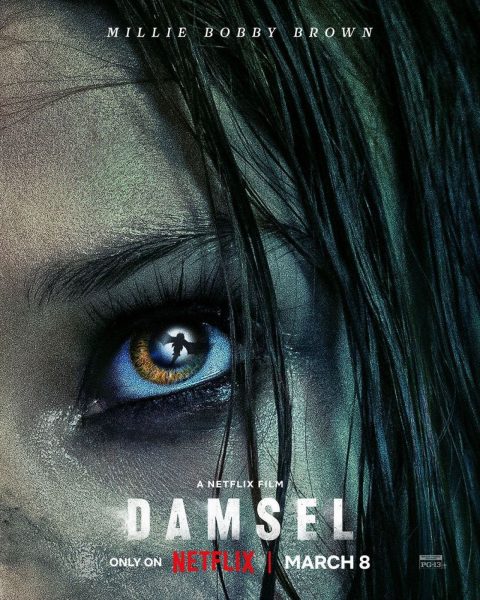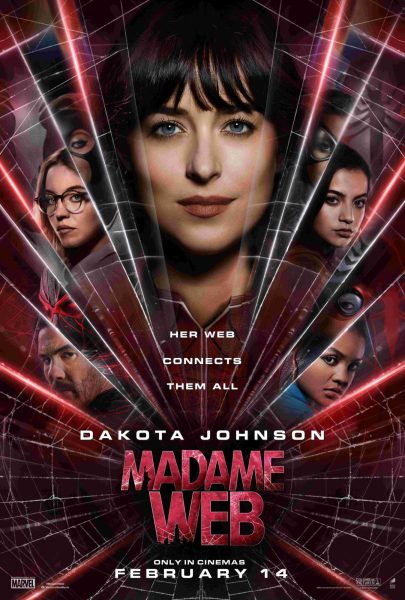“Rebelde” and the Nostalgic Coverup
To start off the new year, Netflix released the show “Rebelde,” a remake of the original Argentine telenovela series. However, despite hype from the trailers, viewers of the show have mixed feelings.
“Rebelde,” Spanish for “Rebel,” has had three shows under a similar name. The original “Rebelde Way” aired between 2002 to 2003, and the second remake was a Mexican telenovela under the same 2022 name, which aired between 2004 to 2006.
March 10, 2022
You are a freshman at an elite school. The people there aren’t the kindest, but at least you have people to talk to. Due to its elite music program that will help you pursue your obvious passion for music, this school has always been your top priority. There, you hope to be a part of the program, and have been preparing for the audition since your arrival. On the night of your first day at the school, you sleep soundly in a very fashionable dorm room with two other peers. However, you are then woken up by masked students who kidnap you and the other freshmen to play…a song?
Yup, that’s how the first episode of Netflix’s new telenovela “Rebelde” plays out. The show, released on Jan. 5 this year, is about a group of freshmen attending an elite school in Latin America with one goal: get into the Musical Excellence Program. Before the show’s release, the trailers played into the nostalgic aspect of “Rebelde” in a way that said, “Hey, remember me?” Despite doubts about the quality of the show, viewers gave it a chance. But in the end, they were left conflicted.
However, to understand the differences between the old shows and the new one, we have to take a look at the first episode of the original Argentine telenovela “Rebelde Way,” which aired from 2002 to 2003. There, we’re also met with a montage of a group of students getting ready for the prestigious boarding school located in Buenos Aires. But it’s not the montage that deviated in the remake — it’s the way the characters are introduced, and that difference is seen throughout the series.
When the characters are introduced in “Rebelde Way,” there is more emotion and depth. In the new show, we’re barely even given their names, much less a little bit of their personality, since most of them have the cliché rich, spoiled kid aura. It’s a stark contrast to the original, where we’re met with nostalgic scenes of the characters interacting with their loved ones, which establishes empathy for the kinds of characters we see.
In the introductions, both Manuel Aguirre from “Rebelde Way” and Luka Colucci from “Rebelde” have scenes that establish relations with their fathers. However, “Rebelde Way” revealed Manuel’s relationship through an intimate video of the character and their father playing soccer, and then moving on to the next scene in which Manuel has a short, but still loving conversation with his father before going off to the academy.
“Rebelde,” on the other hand, gave us a brief conversation between Luka and his father before moving on. In those first scenes, we’re given more information in the original show than we are in the new show, and that’s a problem, because we won’t be able to connect with Luka and his conflicts with his father much like Manuel.
There is another jarring difference between the two shows: how the characters interact with each other. As seen in “Rebelde Way,” the characters are much more animated and lively despite their rudeness, typical of that of a rich kid. In “Rebelde,” basically every character is just some variation of the “spoiled rich kid,” but without personality. To put it short, the new show, compared to the original, is not that good.
The new show exists because of nostalgia. By playing with something that viewers once loved and appreciated in the past, corporations like Netflix can release shows affiliated with the things viewers loved. It’s use of “nostalgic marketing” can grab the attention of older viewers, but it can also bring in new viewers who are curious about whatever’s new. However, while corporations can use nostalgia as a way of marketing to promote the new,using nostalgia as an excuse to make bad or mediocre media isn’t a decent way to make a paycheck.
Shows like “Rebelde” are just one of the many examples of using nostalgia as a coverup for lackluster TV series that should’ve deserved better care, especially towards older fans. Sometimes, it’s just better to watch the original.


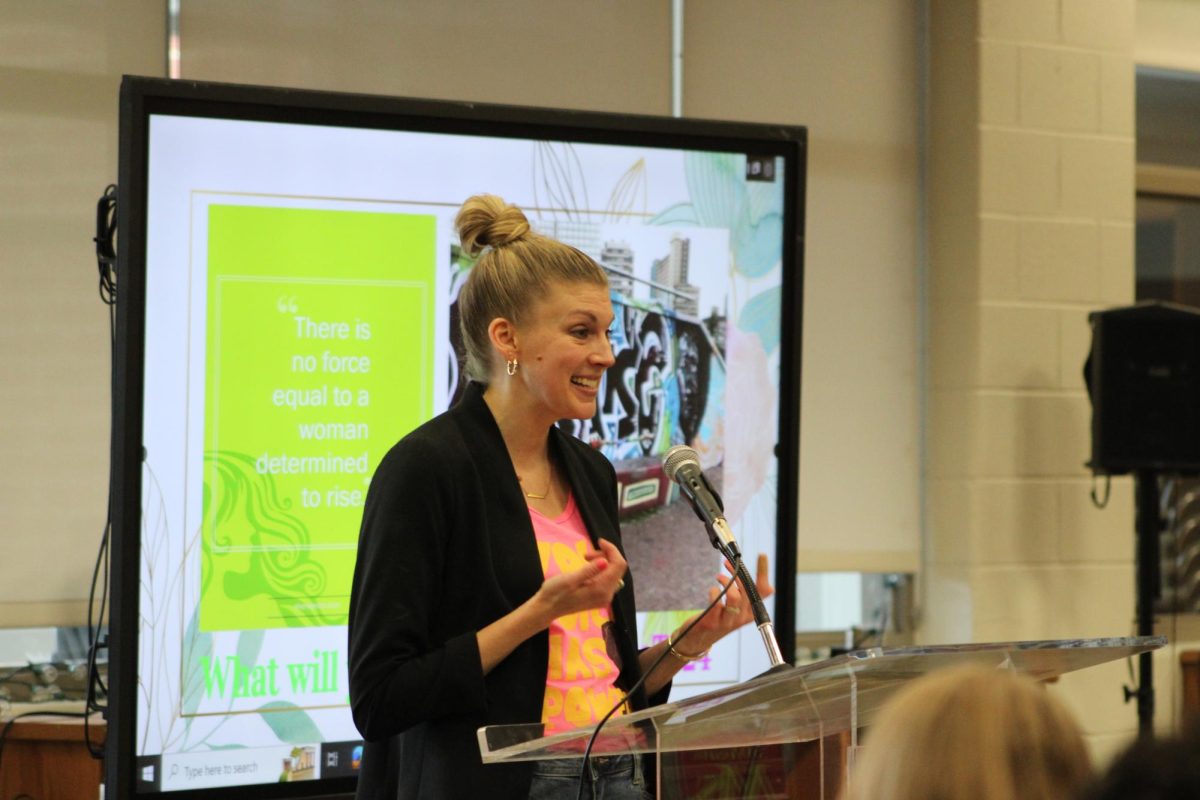


![Standing center stage, senior Ananya Akula conducts the Phoenix Chorale. “[Conducting and teaching] is really fun,” Akula said. “Music education is what I want to do.” On the day of the choir assessment, Akula found out that she received the President’s Music Scholarship – a full ride to the University of Miami Frost School of Music.](https://theblazerrhs.com/wp-content/uploads/2024/04/ananya-1200x800.jpg)
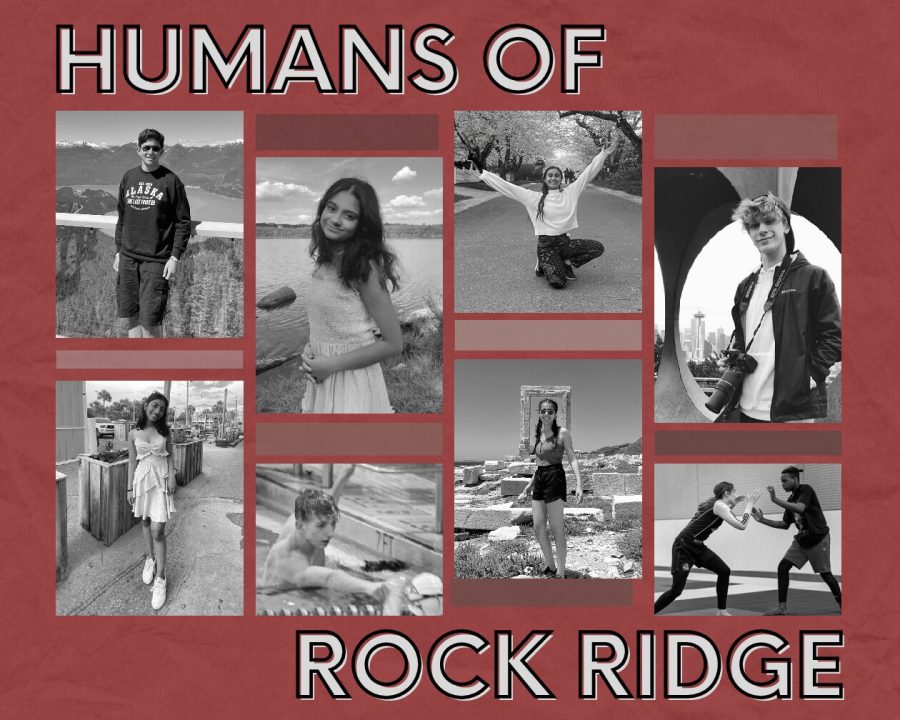
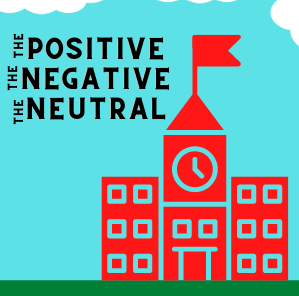




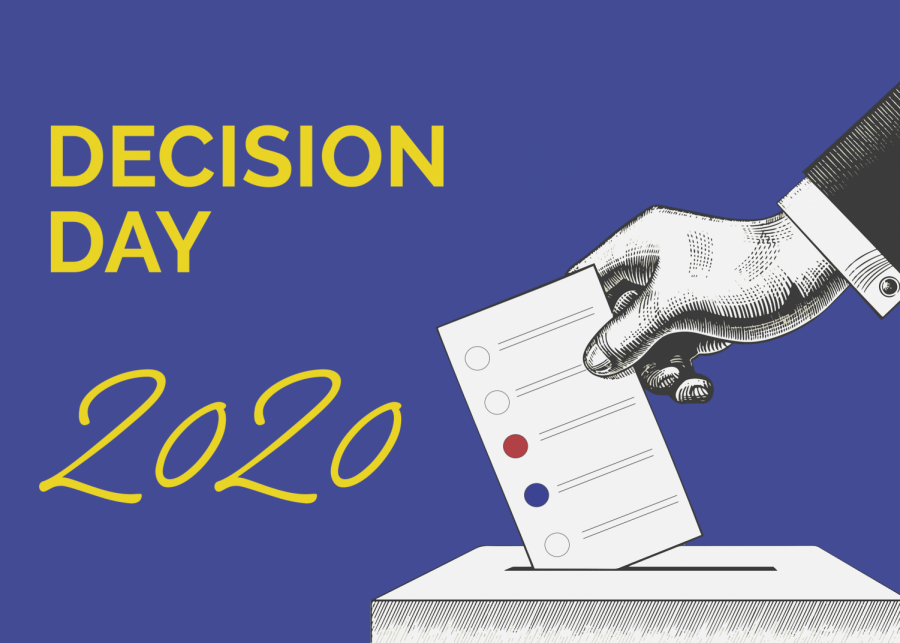

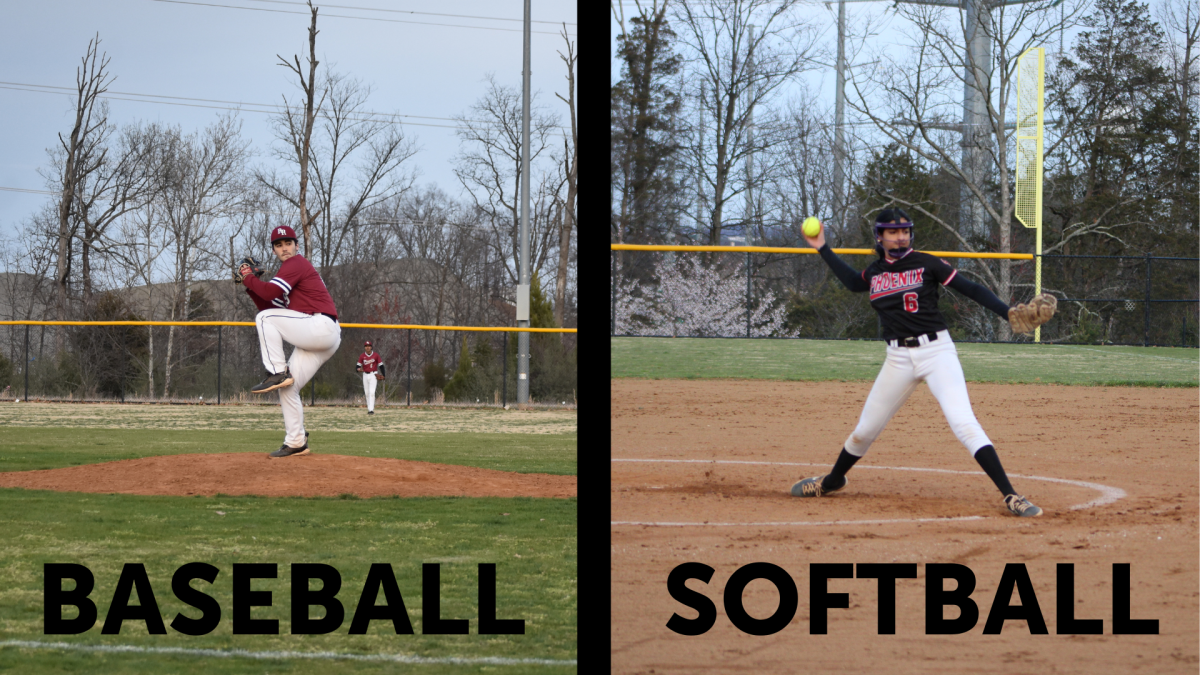

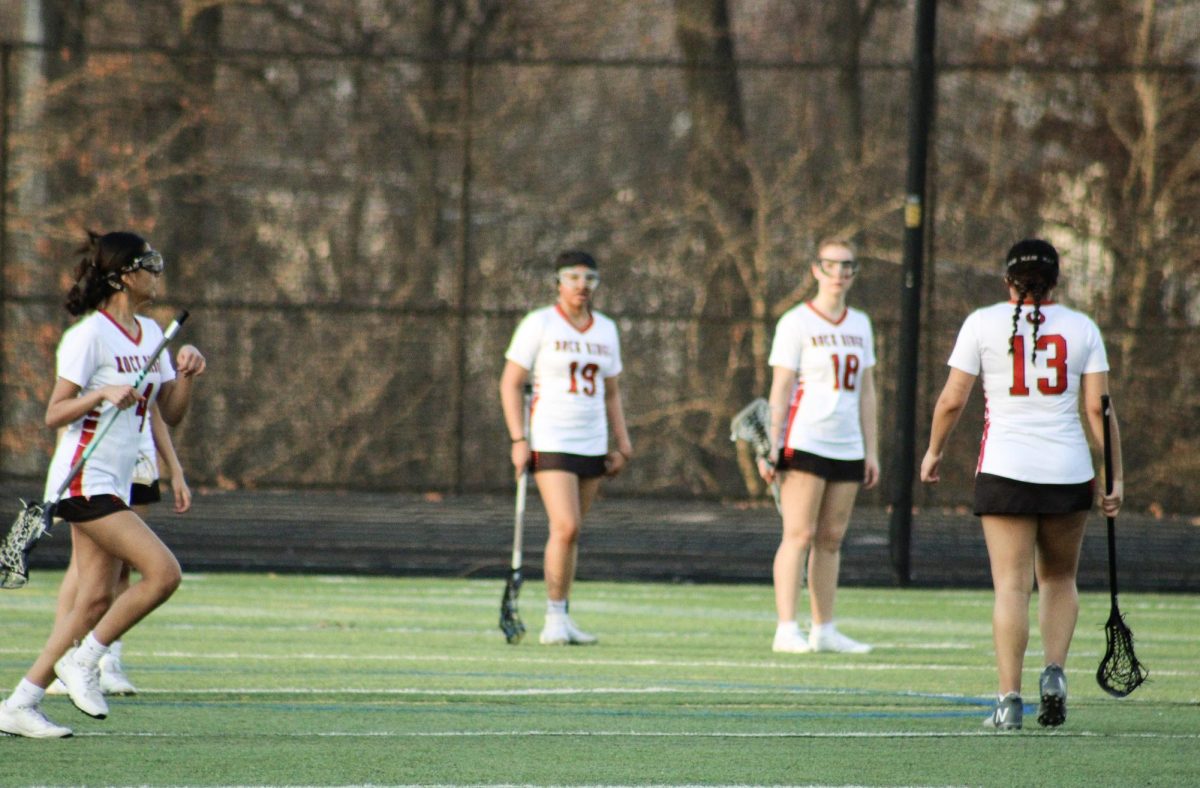

![With the energy and effort the Bolts were bringing to the game, the Phoenix had to step up and match them to make it through their first game of the season. Many of the girls on the team, including freshman Nazly Rostom, have been playing soccer since their childhood and have grown a love for the sport as a result. “It was fun to see how we actually played in a [real] game,” Rostom said. “Even though the outcome was not what we were hoping for, I’m still happy we got to play together.”](https://theblazerrhs.com/wp-content/uploads/2024/04/DSC_0154-1200x800.jpg)

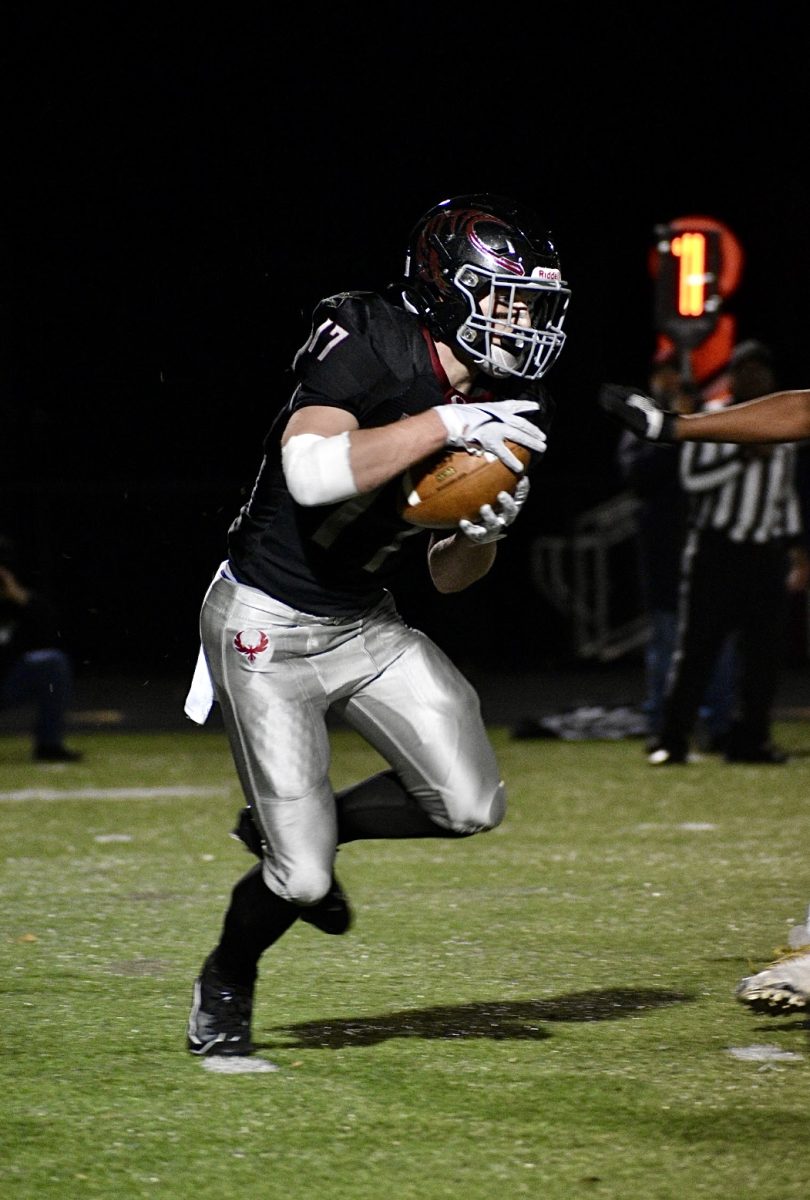
![Held up by a group of cheerleaders, flyer sophomore Leyu Yonas poses as part of a stunt, also supported by flyer junior Shayne Mitchell behind her. (Left) Prior to the pink out football game on Oct. 13, the athletes practiced in the aux gym from 5 p.m. to 6:30 p.m. (Right) On Oct. 19, the cheerleaders competed in their District Championships at Woodgrove High School. “We definitely put all our effort on the mat [at Districts], and it showed,” Mitchell said. Left: Photo by Nadia Shirr. Right: Photo by Steve Prakope via Victor O’Neill Studios.](https://theblazerrhs.com/wp-content/uploads/2023/11/feature-image-1200x823.png)
![Sophomore Xavier Smith (6), the Phoenix quarterback, runs the ball as his teammates help hold up the defense. “My [offensive] line collapses, so I just [have to run], and its a good way to get first downs because [Tuscarora’s] defense was really good,” Smith said.](https://theblazerrhs.com/wp-content/uploads/2023/11/IMG_5383-1200x897.jpg)
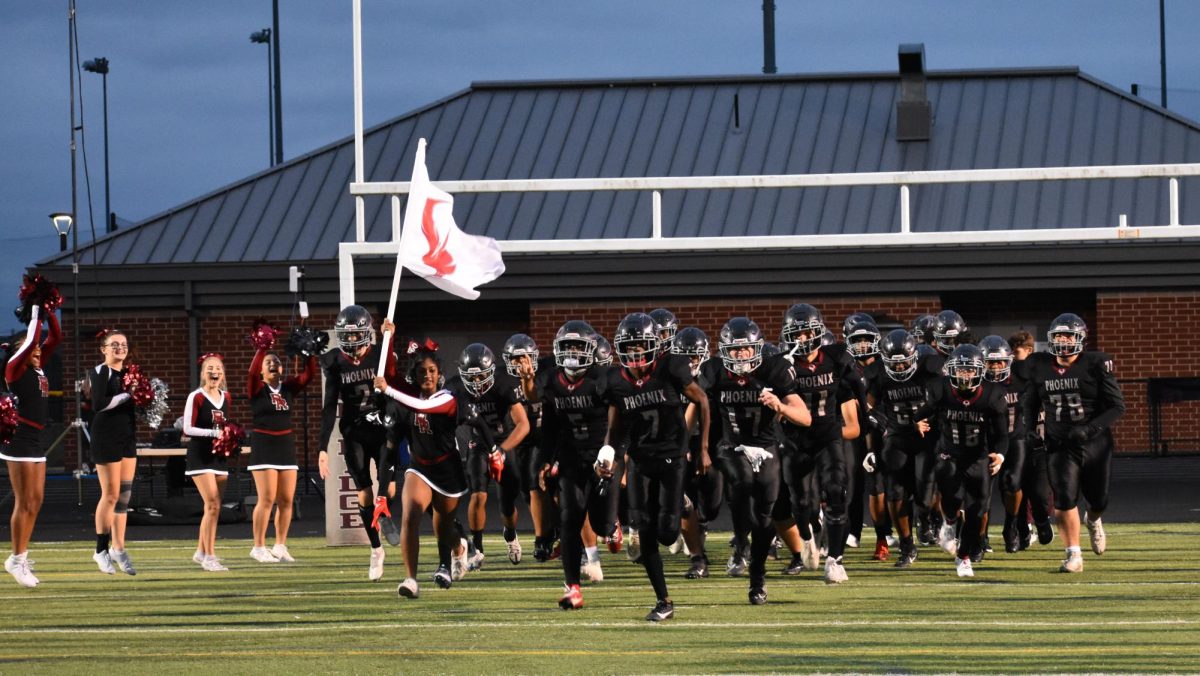

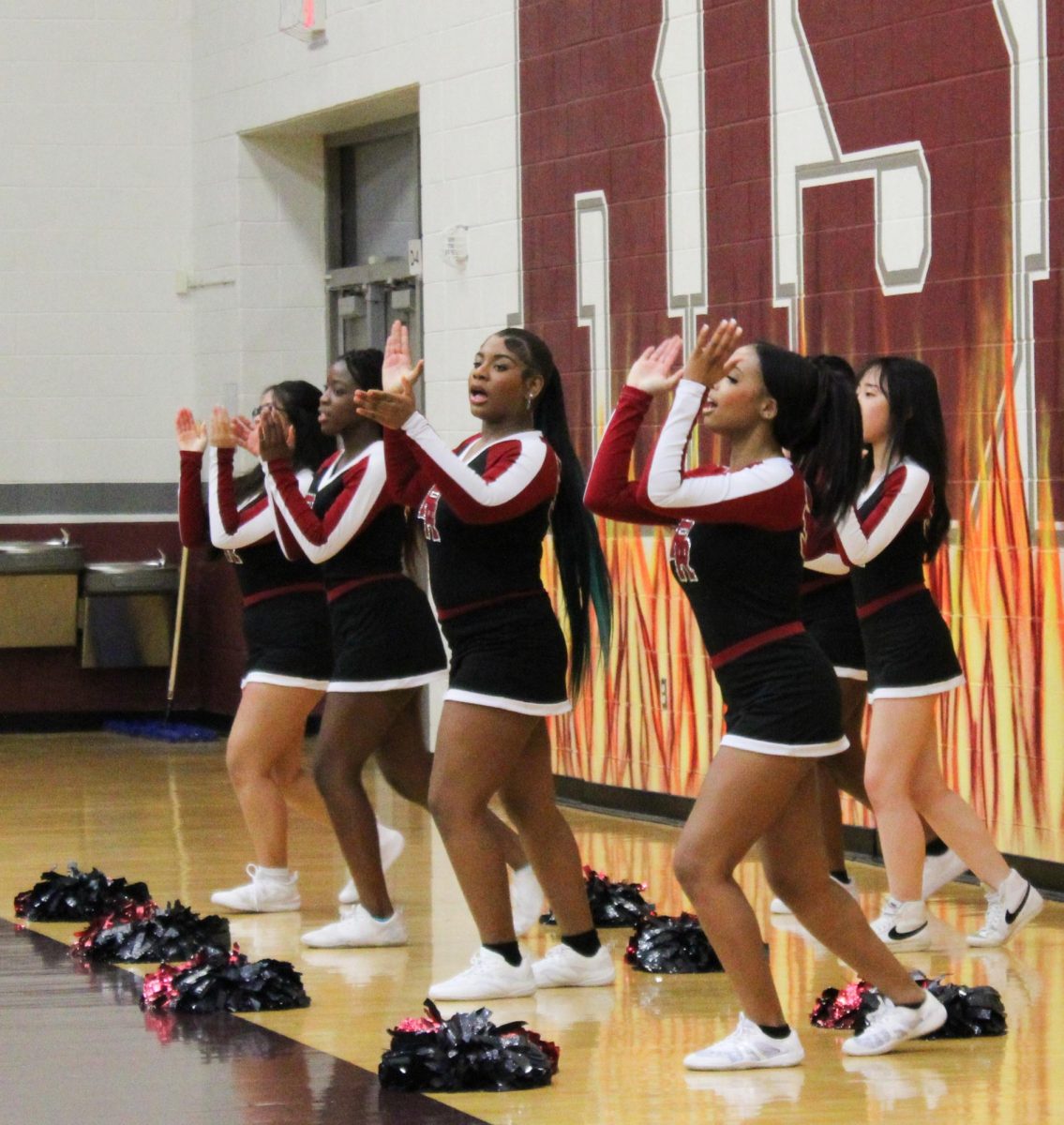
![As the referee throws the ball up for the tip-off, freshman Simone Diby leaps towards the ball to get it in Phoenix possession. Diby is a new member of the Phoenix girls basketball team, and despite it being a change, she finds it enjoyable. “It’s definitely a different experience if you’ve never played on a team, [but] I think it’s still fun.”](https://theblazerrhs.com/wp-content/uploads/2024/03/DSC_0057-1200x662.jpg)
